Your Clinic
SET A LOCATION
Your Clinic
SET A LOCATION
In the vibrant world of childhood development, every child learns, plays, and grows in their own unique way. But for some, everyday activities like holding a crayon, tying shoes, or interacting with peers can be challenging. That’s where the role of an Occupational Therapist becomes so important. In honor of Occupational Therapy Month, let’s take a closer look at what pediatric OTs do, how they support children’s development, and why their work matters so much.
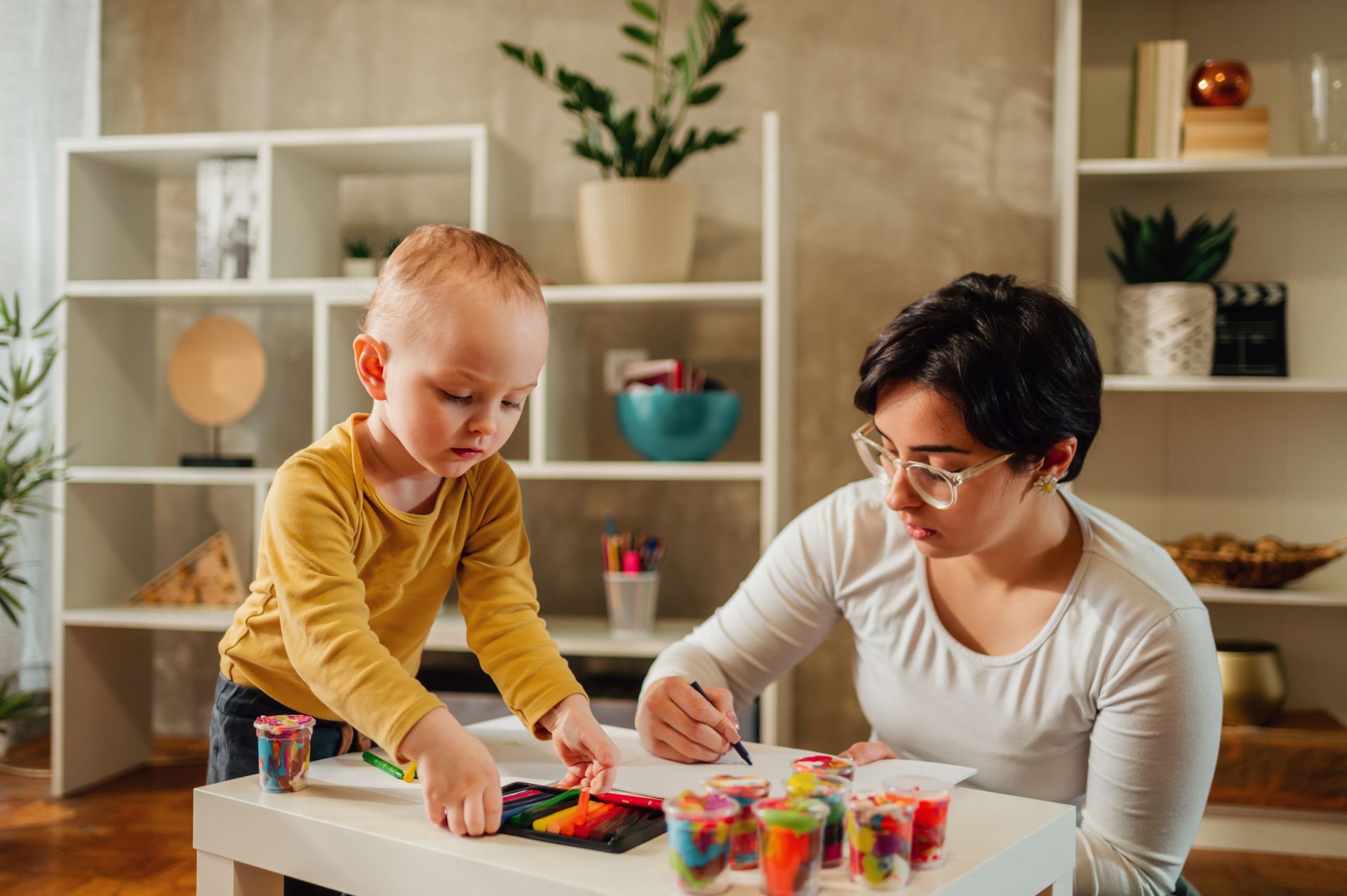
Occupational Therapy is often described as helping people participate in the activities (or "occupations") that are important to their daily lives. For children, this includes everything from playing and learning to eating, dressing, and socializing.
Pediatric OTs are specially trained to work with children who may have physical,
developmental,
sensory, or
cognitive challenges. Their goal is to help kids gain independence, build confidence, and reach their full potential.
If you’ve never worked with an OT before, you might be surprised by how wide-ranging their role can be. Here are some of the key areas they focus on when working with children:
Fine Motor Skills - OTs help children develop the small muscle movements needed for tasks like writing, buttoning clothes, or using utensils.
Gross Motor Skills - They also support large body movements like running, jumping, climbing stairs and often working on balance, coordination, and core strength.
Sensory Processing - Many children have difficulty processing sight, sound, touch, and movement. OTs use sensory integration techniques to help children feel more comfortable in their environment.
Self-Regulation - From learning to manage big emotions to developing routines and attention skills, OTs equip children with tools to navigate their day calmly and confidently.
Daily Living Skills - Basic self-care routines like brushing teeth, feeding themselves, or getting dressed are another focus area, especially for children with developmental delays.
Social Participation - OTs help children build the skills they need to engage with others such as making eye contact, sharing, taking turns, and forming friendships.
Occupational therapy sessions often look like play because for kids, play is work. A session might include activities like:
Each session is tailored to the child’s individual needs and goals. The OT continuously assesses progress and adapts activities to ensure meaningful and motivating experiences.
The early years of a child’s life are full of rapid development. When challenges are identified and supported early, children have a greater chance of overcoming them or learning strategies to adapt successfully.
OT isn’t just about improving skills; it’s about empowering children and families. It’s about unlocking possibilities and celebrating small victories that lead to big life changes.
Pediatric OTs often collaborate with parents, caregivers, and educators to carry over strategies at home and in school. This team-based approach ensures that children receive consistent support across all areas of their life.
Whether it’s suggesting classroom modifications, creating sensory-friendly routines, or coaching parents through daily routines, OTs are partners in progress.
Occupational Therapists are the quiet heroes behind so many children’s successes. Through their expertise, creativity, and compassion, they help children overcome obstacles and participate fully in the joys of childhood.
As we celebrate
Occupational Therapy Month, take a moment to recognize the incredible work of pediatric OTs and the lasting impact they have on the lives of children and their families.
PPT is committed to empowering children and families through specialized Physical, Occupational, Speech, and Feeding Therapy. With a compassionate team of pediatric therapists, PPT focuses on providing individualized care, enhancing development, and fostering hope and happiness in a supportive environment.
Curious if your child could benefit from OT? Contact us today for an evaluation. Be sure to subscribe to our blog and YouTube channel for more tips, insights, and support. Share your questions or experiences in the comments below—we'd love to hear from you!


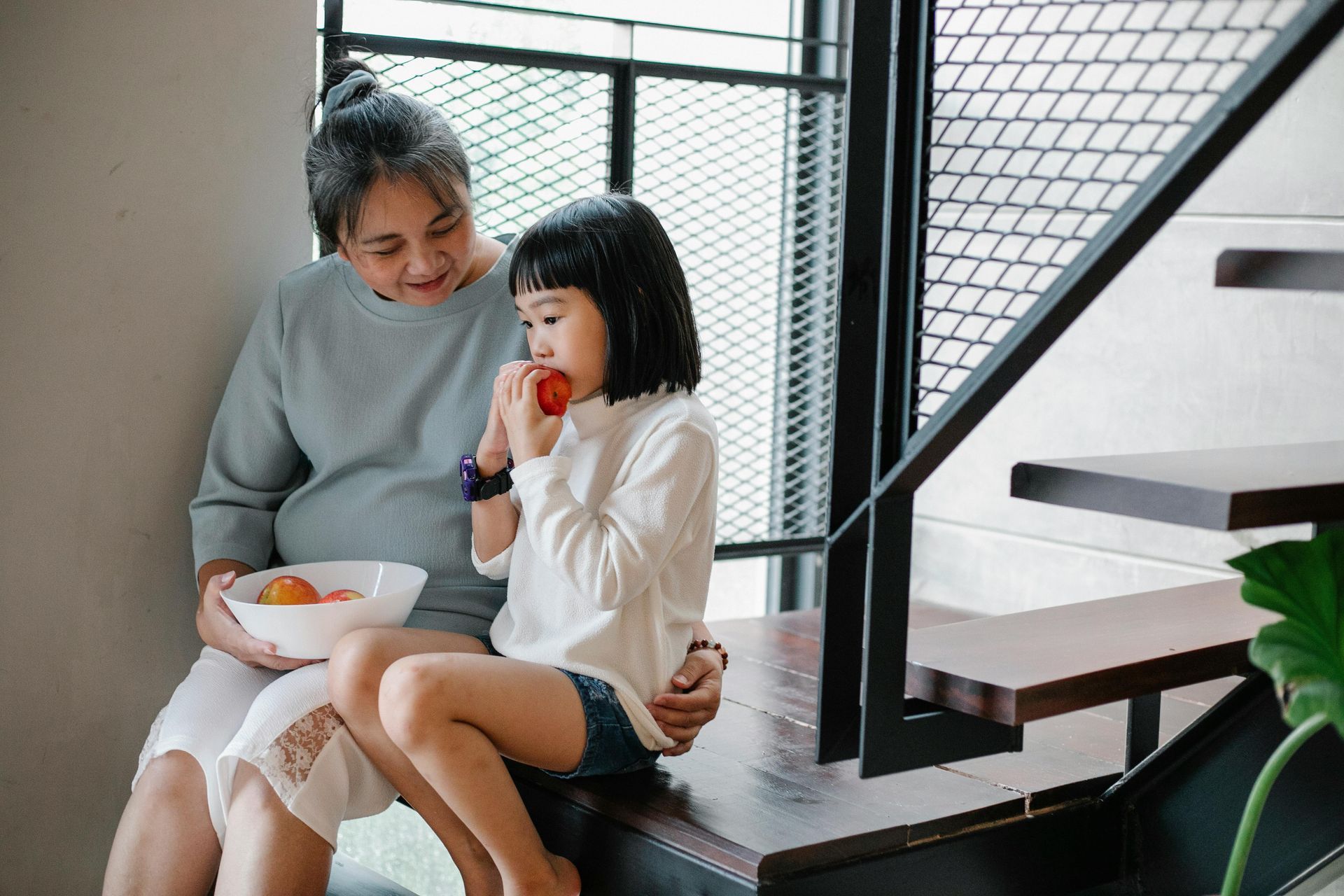
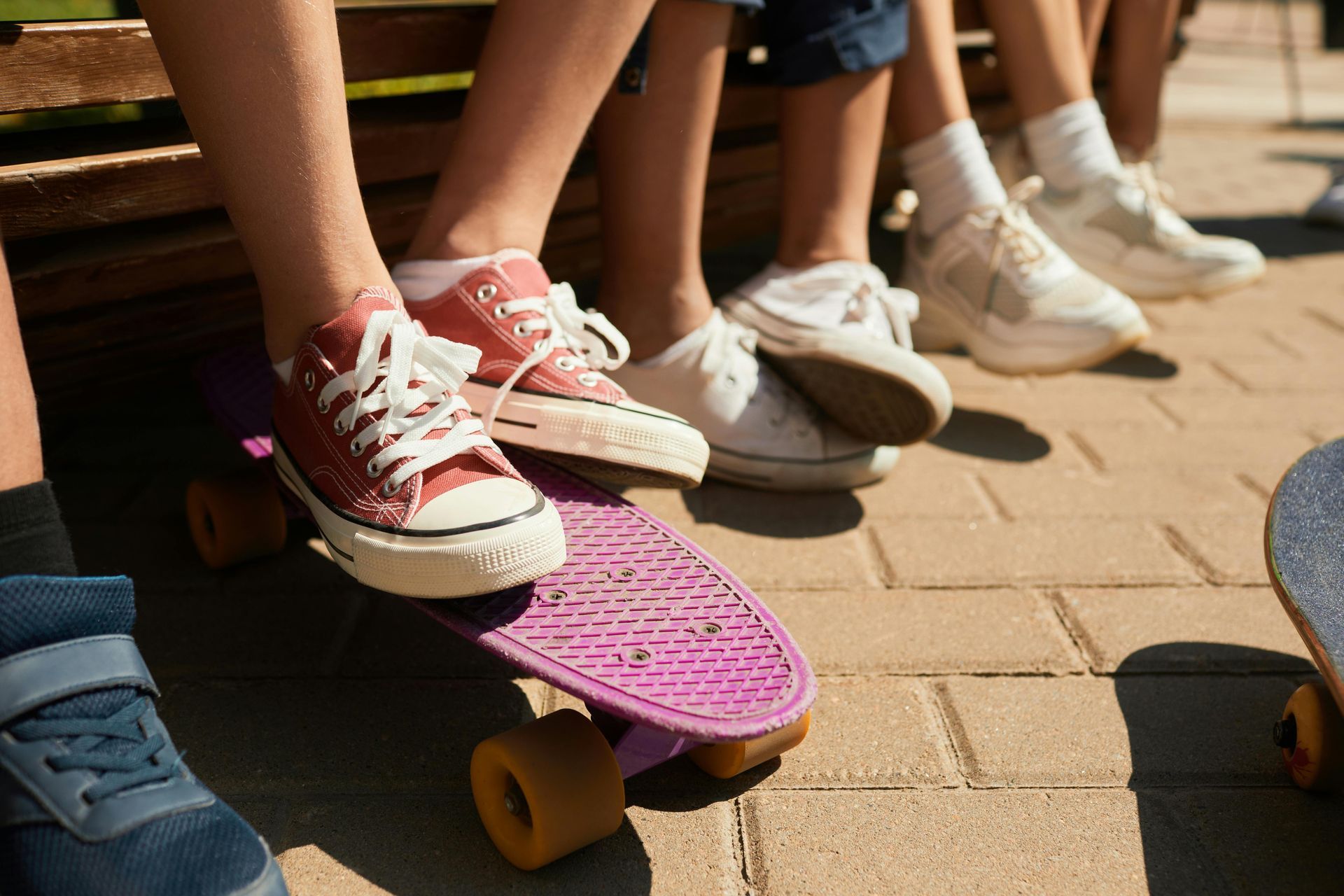


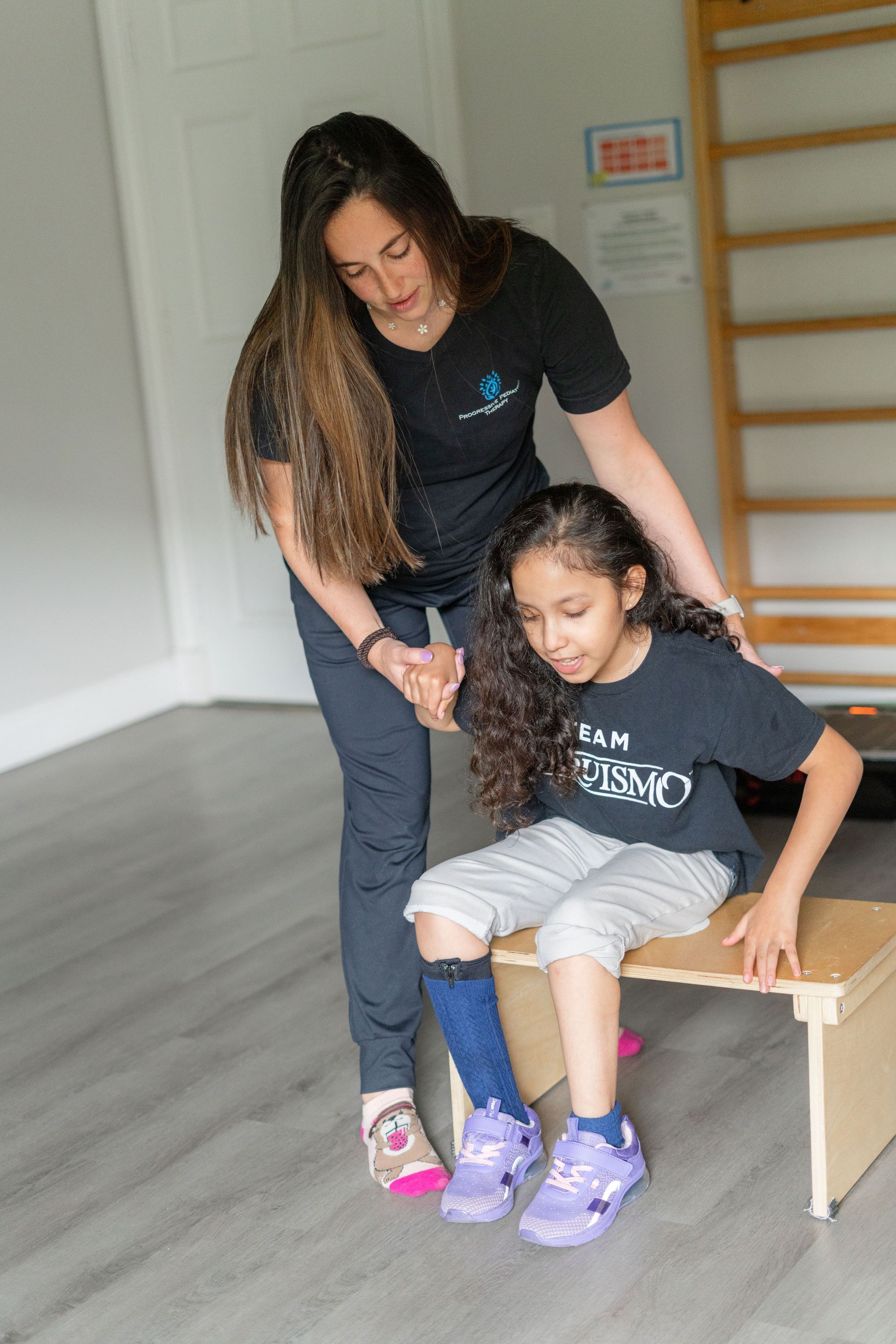
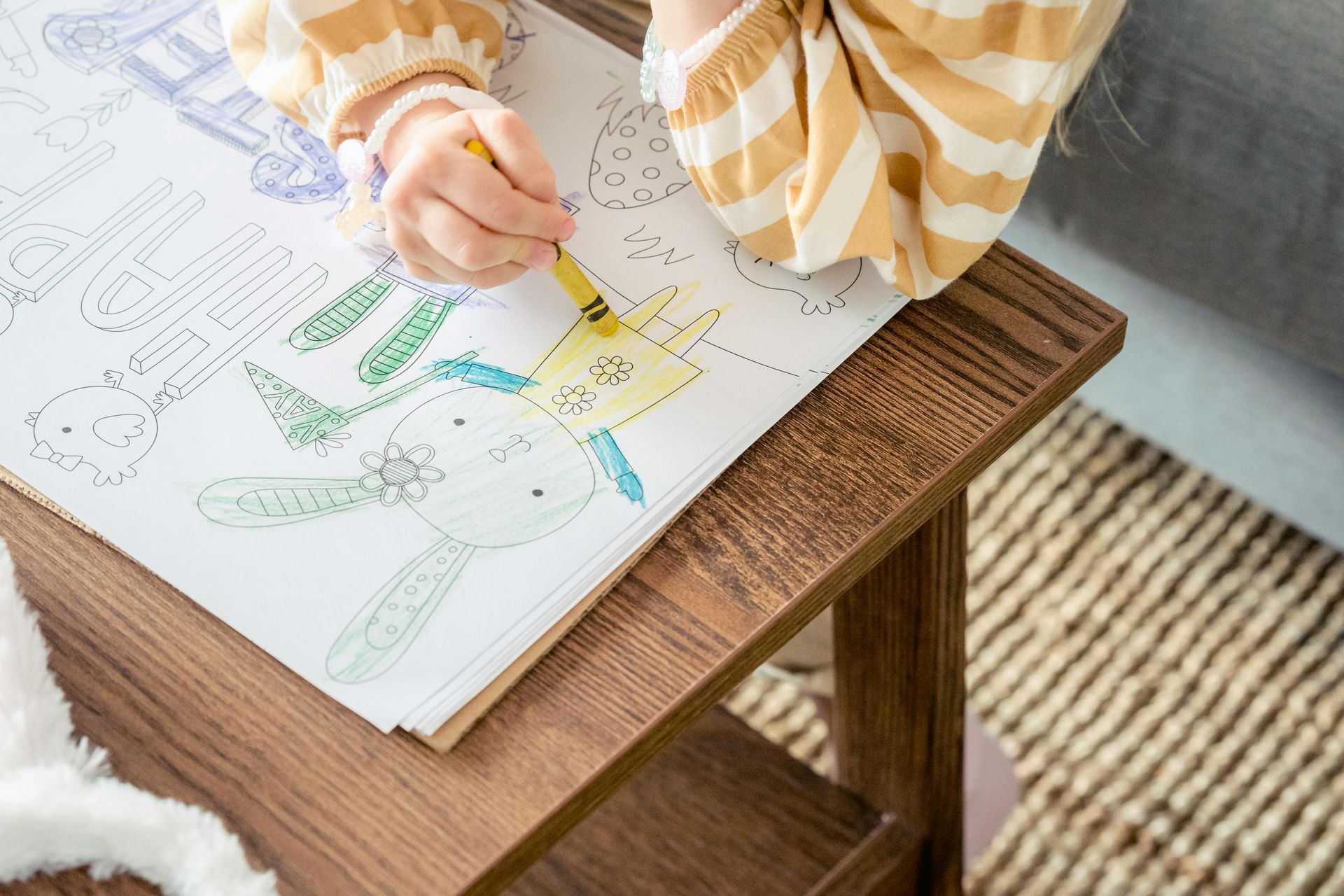
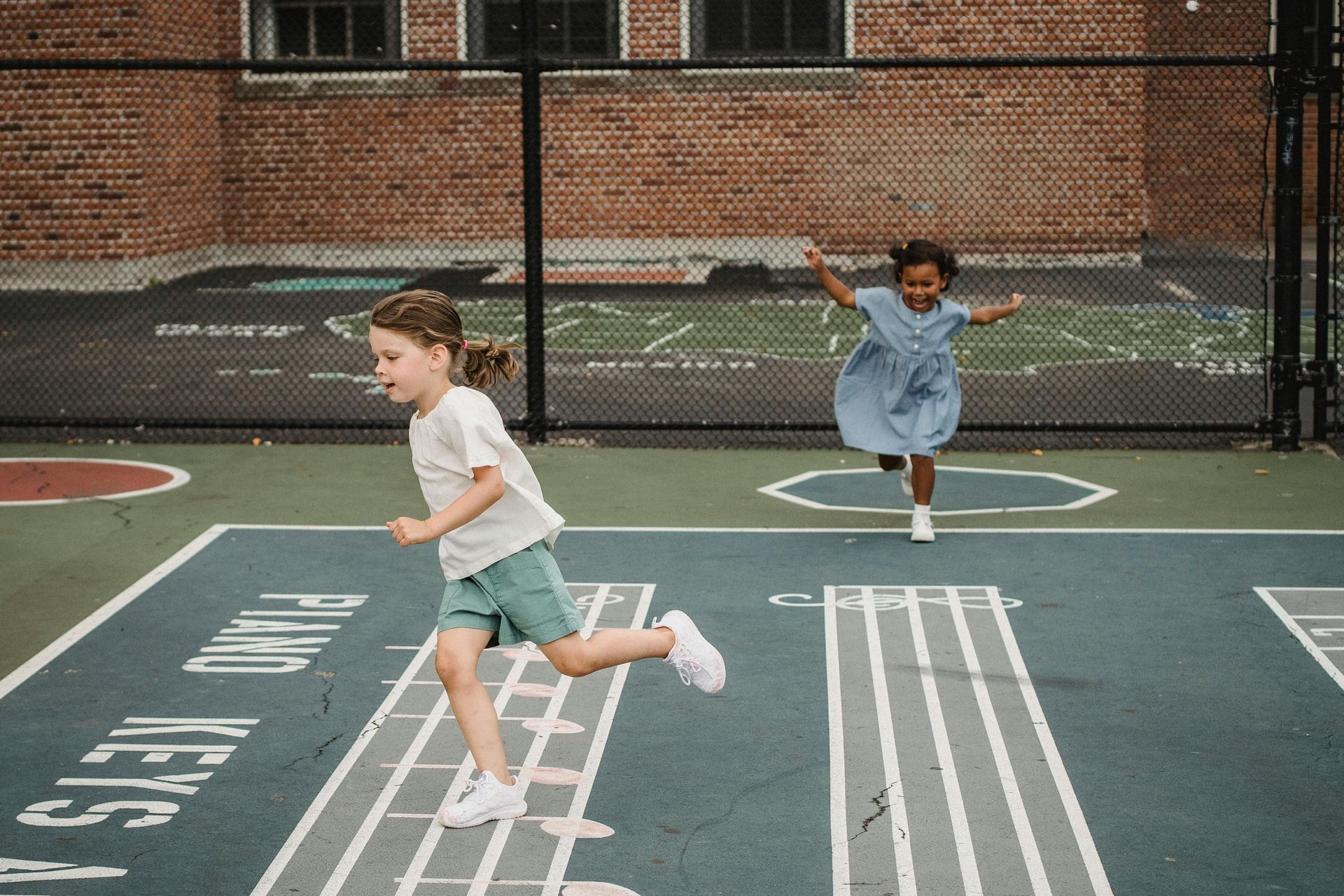
We empower children, families, and the community to learn, grow, and celebrate every child's unique abilities.
Quick Links
Contact Details
Phone: 561-376-2573 | 561-918-0190
Fax: 561-218-4939
VIP Concierge: 561-717-1764
Clinic Locations
All Rights Reserved | Progressive Pediatric Therapy, Inc. | Privacy Policy | Terms of Service
Site by Spearlance